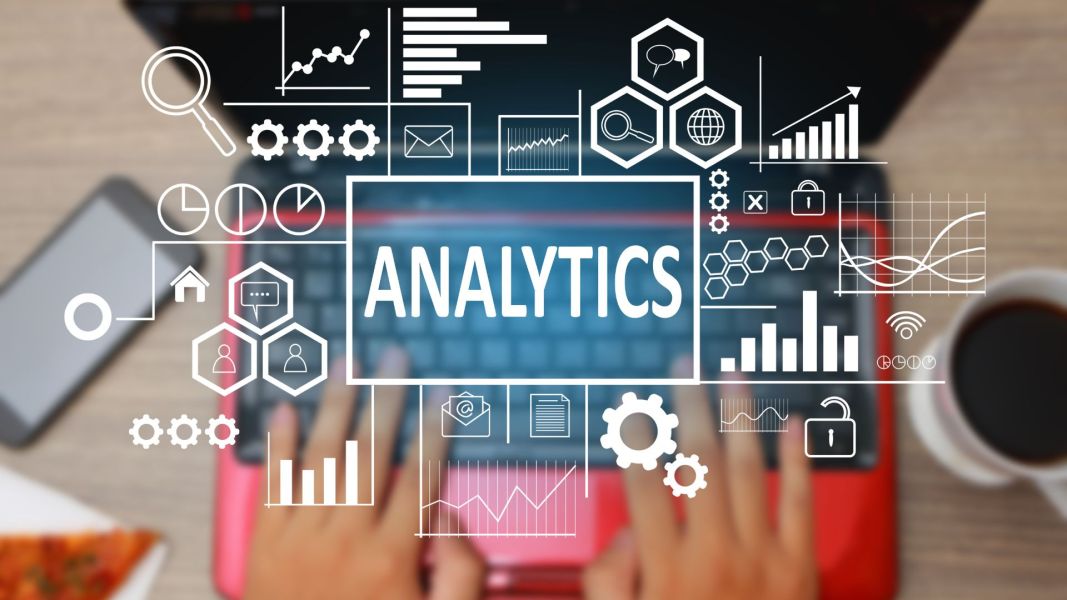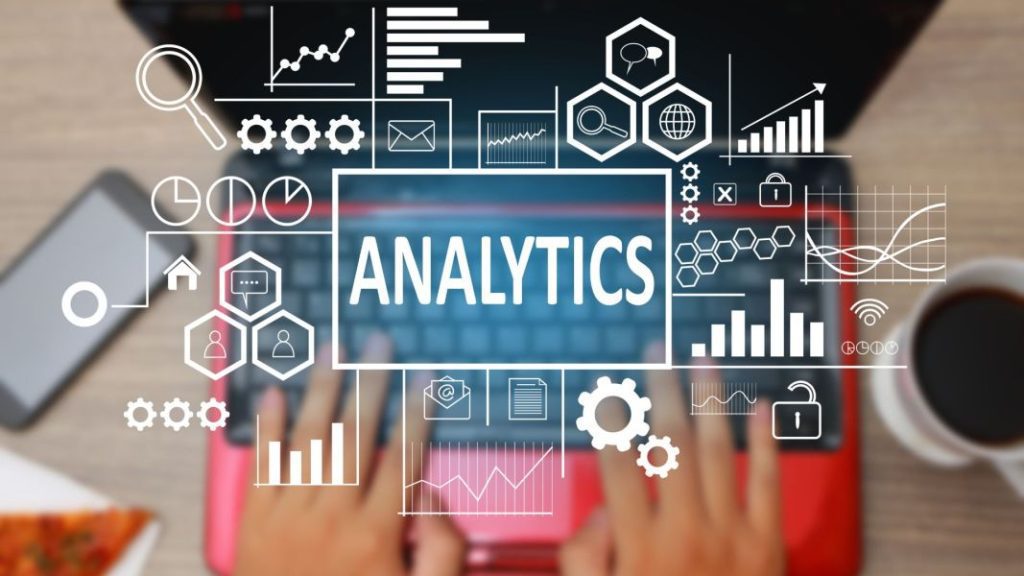Analytical techniques have become indispensable across various industries, enabling precise measurements and delivering dependable results. As sectors increasingly prioritize product quality and regulatory compliance, understanding the evolution of these techniques is critical.
The transition to automated, efficient, and reliable analytical methods has revolutionized operations in industries such as pharmaceuticals, food safety, and environmental monitoring.

Understanding Advanced Analytical Techniques
Advanced analytical techniques have revolutionized how we understand chemical compositions and interactions, playing a critical role in fields such as analytical chemistry, environmental testing, and pharmaceutical analysis. These methods leverage sophisticated instrumentation, including ion chromatography, high-performance liquid chromatography (HPLC), and mass spectrometry, to provide unparalleled accuracy and efficiency. For instance, anion and cation analysis via ion chromatography has become a cornerstone in water analysis and food safety testing due to its ability to detect and quantify complex mixtures with precision.
The adoption of these advanced methods is vital for ensuring compliance with stringent regulatory standards, particularly in sectors such as environmental monitoring and chemical analysis. By employing cutting-edge techniques, professionals can enhance product quality while reducing costs, making them an essential investment for businesses aiming to stay competitive.
However, transitioning to advanced analytical techniques requires strategic planning. Companies must prioritize proper training for their staff to effectively use sophisticated laboratory equipment and ensure that the instruments are up-to-date and well-maintained. Engaging with providers specializing in innovative analytical technologies can further streamline the implementation process, enabling businesses to harness the full potential of these advanced methods.
The Role of Ion Analysis in Quality Control
Ion analysis plays a vital role in ensuring quality control across various industries. It is essential for meeting regulatory standards, protecting public health, and preserving consumer trust. Sectors such as food safety and pharmaceuticals depend heavily on precise ion analysis to identify contaminants and maintain product integrity.
Reliable analytical instruments are central to improving testing efficiency. Many companies are adopting advanced systems that simplify workflows and offer detailed data analysis. A prominent example is ion chromatography solutions designed for diverse applications. These systems deliver accurate results and are easy to use, supporting quality control professionals in their work.
Additionally, integrating software tools with advanced instruments enables businesses to analyze data trends effectively. These tools help professionals maintain compliance and improve product quality, offering valuable insights for making improvements.
Innovations Driving the Future of Analytical Chemistry
Emerging technologies are transforming analytical chemistry, enhancing efficiency and accuracy. Automation and artificial intelligence (AI) are redefining traditional laboratory practices, enabling faster processing and improved data management. These advancements are driving the development of advanced methods capable of analyzing increasingly complex samples.
Automation minimizes human error and allows skilled professionals to focus on more complex tasks. This improvement is particularly valuable for laboratories handling large sample volumes, such as those in environmental analysis. Automating repetitive tasks helps labs to increase productivity and accuracy.
Additionally, AI and machine learning provide tools for analyzing extensive datasets and uncovering patterns that manual methods might miss. These capabilities enable a deeper understanding of chemical behaviors, offering valuable insights for research and quality control.
Sustainability has become a key consideration in analytical chemistry. Innovations focusing on reducing waste and energy consumption are essential to meet both industry standards and consumer expectations. Environmentally conscious techniques that maintain high analytical performance are increasingly prioritized, reflecting the growing importance of sustainable practices in scientific fields.
The Impact of Regulatory Standards on Analytical Practices
Regulatory standards are integral to shaping analytical practices across industries. They ensure products are safe and meet quality requirements, making adherence to these standards a vital part of analytical chemistry. For professionals, compliance goes beyond fulfilling legal obligations; it safeguards public health and ensures credible results.
A thorough understanding of regulatory compliance is essential for conducting reliable analyses. Professionals must stay updated on changes in regulations and adjust their methods to align with these standards. This adaptability is crucial for preserving product integrity and maintaining public trust.
Continuous education on regulatory standards helps professionals adopt effective practices within their organizations. Accessing industry resources and attending training sessions offers valuable guidance for achieving compliance and improving analytical accuracy. Building a culture centered on quality and accountability strengthens a company’s reputation for reliability.
Comprehensive analytical solutions can also support compliance efforts by simplifying reporting and documentation. These tools ensure that required information is accessible and organized, helping companies maintain regulatory standards while building robust quality management systems.
Read More:

Founder Dinis Guarda
IntelligentHQ Your New Business Network.
IntelligentHQ is a Business network and an expert source for finance, capital markets and intelligence for thousands of global business professionals, startups, and companies.
We exist at the point of intersection between technology, social media, finance and innovation.
IntelligentHQ leverages innovation and scale of social digital technology, analytics, news, and distribution to create an unparalleled, full digital medium and social business networks spectrum.
IntelligentHQ is working hard, to become a trusted, and indispensable source of business news and analytics, within financial services and its associated supply chains and ecosystems











